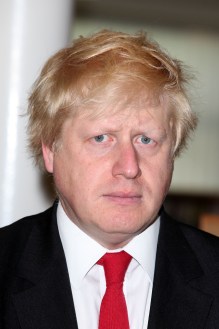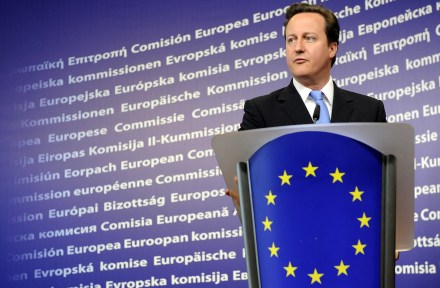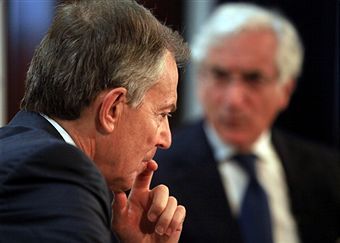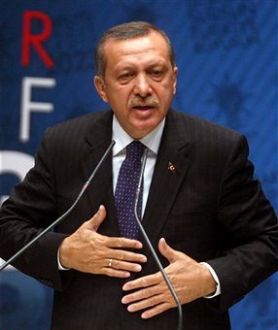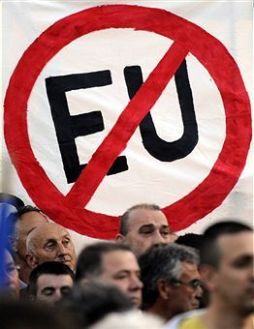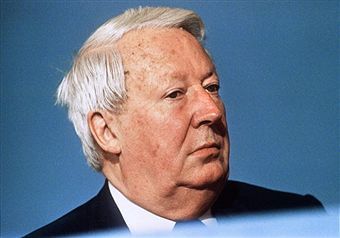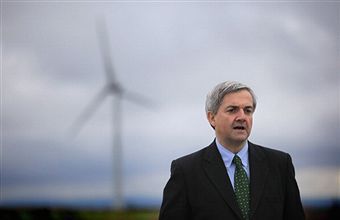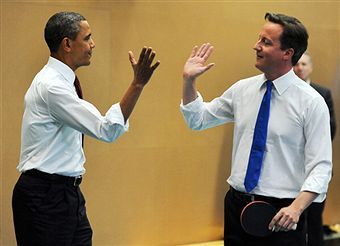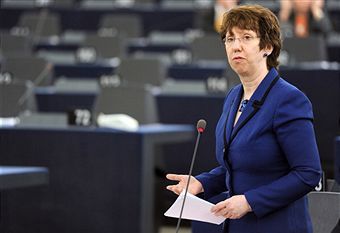Boris’s one-two punch against the coalition
Boris, we know, has never had any compunctions about distinguishing his views from those of the coalition government. Take his recent proclamations on the unions or on the economy, for instance. But his latest remarks are still striking in their forthrightness. Exhibit A is the article he has written for today’s Sun, which — although it doesn’t mention Ken Clarke by name — clearly has the Justice Secretary in mind when it exhorts that “it’s time to stop offering shorter sentences and get-out clauses.” And Exhibit B is his column for the Telegraph, which waxes condemnatory about Greece and the euro. As George Osborne struggles to limit our involvment in
